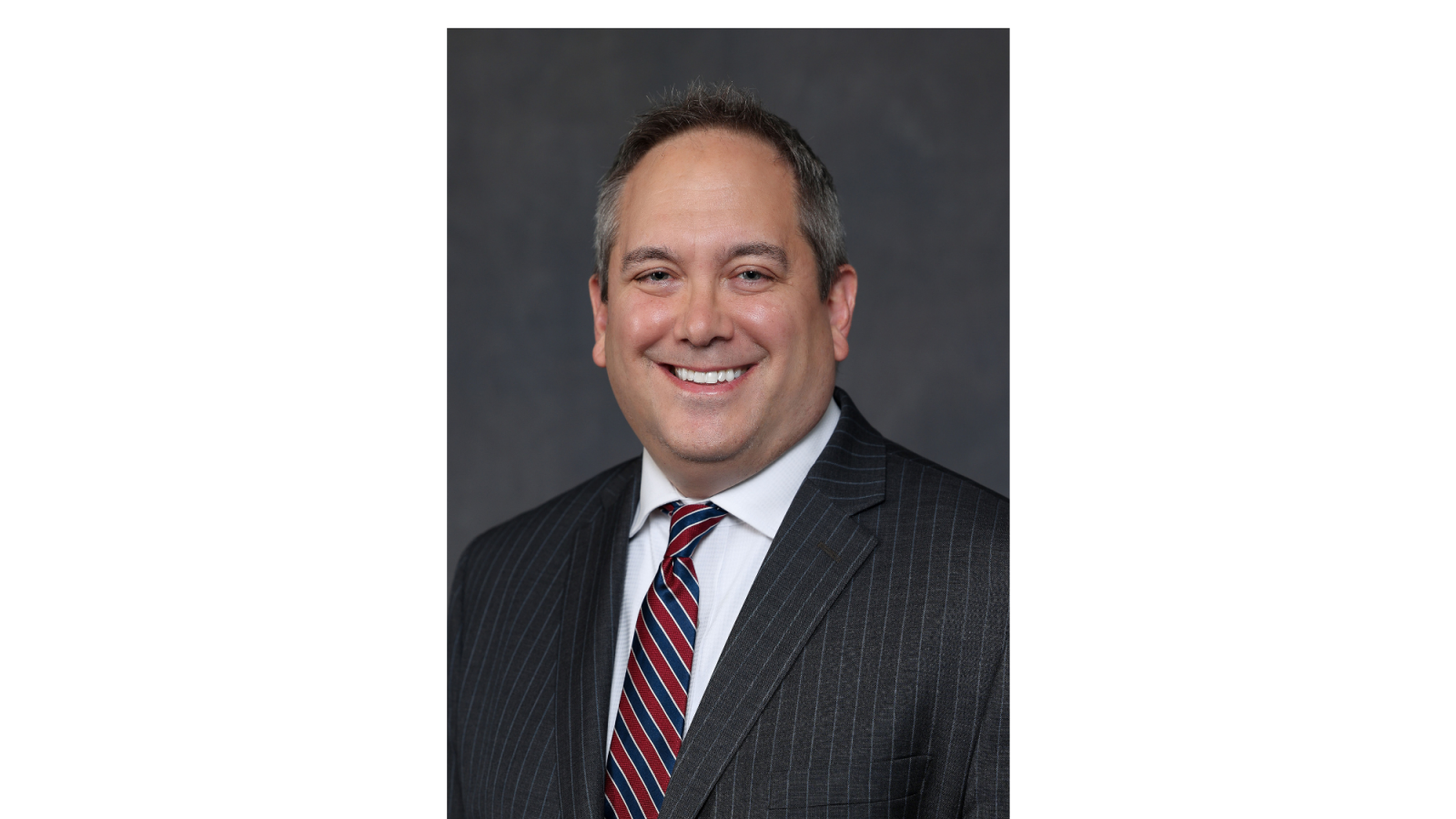
Ryan Health is pleased to welcome Daniel Pichinson as our new President & CEO. Mr. Pichinson brings with him 25 years of healthcare experience and a focus on increasing quality healthcare access to vulnerable New Yorkers. Prior, as Executive Director of the Ryan Chelsea-Clinton Community Health Center, he led through successive public health emergencies – from COVID-19 to Mpox (also known as monkeypox), and through the ongoing humanitarian crisis of asylum seekers arriving in New York City. Mr. Pichinson has continually ensured that the populations most at-risk receive the care they need.
We want to take this opportunity to share Mr. Pichinson’s goals for Ryan Health as he begins his new role as our President & CEO.
What inspired you to want to become Ryan Health’s new President & CEO?
I am greatly inspired by and know firsthand of the positive impact we’ve made in the communities we serve. Ryan Health has been providing affordable, comprehensive primary and specialty health care to underserved communities throughout New York City for over 50 years. As a leader in the Community Health Center movement, Ryan Health has always responded to the needs of all members of our communities.
I am honored and humbled to be part of such an impactful organization. When I was Ryan Chelsea–Clinton’s Executive Director, I saw how our dedicated team members treated our patients every single day and always with dignity, respect, and courtesy. This is all guided by our founding principle that “Healthcare is a RIGHT, not a privilege,” and I am proud to continue this legacy.
What do you feel is the biggest strength of Ryan Health right now?
Working in healthcare for so many years, I have seen many organizations struggle to establish themselves. At Ryan Health, we are part of the fabric of the community. We have partnerships with many local groups and organizations. In addition, our neighborhood outreach efforts are quite extensive and deeply rooted in these neighborhoods. This strength is reflected in a growing number of patients who receive quality healthcare regardless of their ability to pay for services.
What are some of the largest challenges Ryan Health needs to overcome?
In the last few years, many community health organizations in New York have had to transform themselves to respond to emerging issues such as the COVID-19 pandemic and the influx of asylum seekers. We are also seeing more families and individuals impacted by social drivers of health (SDoH), giving them limited access to education, transportation, food, housing, and economic stability, all of which affect their health and well-being. At Ryan Health, we try to address these SDoH barriers by providing the necessary support, either directly or by referral, in an already overburdened and under-resourced healthcare and social delivery system.
What goals do you have for Ryan Health?
We are committed to reaching more New Yorkers than ever before and aspire to expand our healthcare reach into new neighborhoods because everyone deserves high-quality healthcare. We also seek to further deepen our community commitments by growing our collaborations with community groups, including faith-based organizations, so we can deliver more health education and expand our outreach for even greater impact. For example, on any given weekday or weekend, you can be assured that our Mobile Medical Van is meeting and greeting people out on the streets and where they live.
What level of growth do you hope to see in the next five years?
Our goal is to evolve our health centers into health and wellness centers. We recognize that our communities need other tools and programs such as exercise classes, access to healthy food, and other resources such as English as a Second Language (ESL) classes. Our seniors also need a wide range of specialized care, and we will work to ensure that they receive them.
Do you have anything else you would like to add?
At Ryan Health, it is our goal to smash and eliminate health disparities regardless of a person’s race, ethnicity, gender, age, sexual orientation, gender identity, or economic status. For example, the pregnancy-related mortality rate for black women in NYC is more than nine times that of white women. Teen pregnancy rates are also 45% higher for low-income teenage girls. We believe in being part of the solution and are therefore proud to offer comprehensive Women's Health services, including well-visits, prenatal, post-partum, and gynecological care.
Lastly, a sincere thank you to all of our supporters. Together, we can ensure that everyone
is able to access quality healthcare, and together, we will meet any challenges that the future may hold.